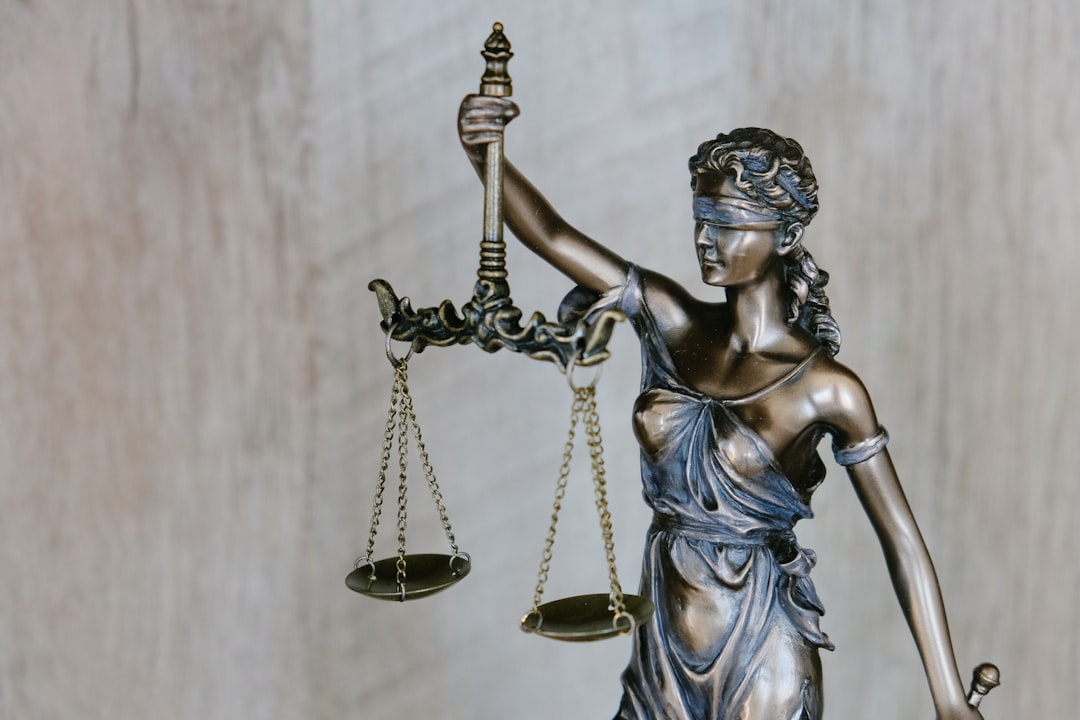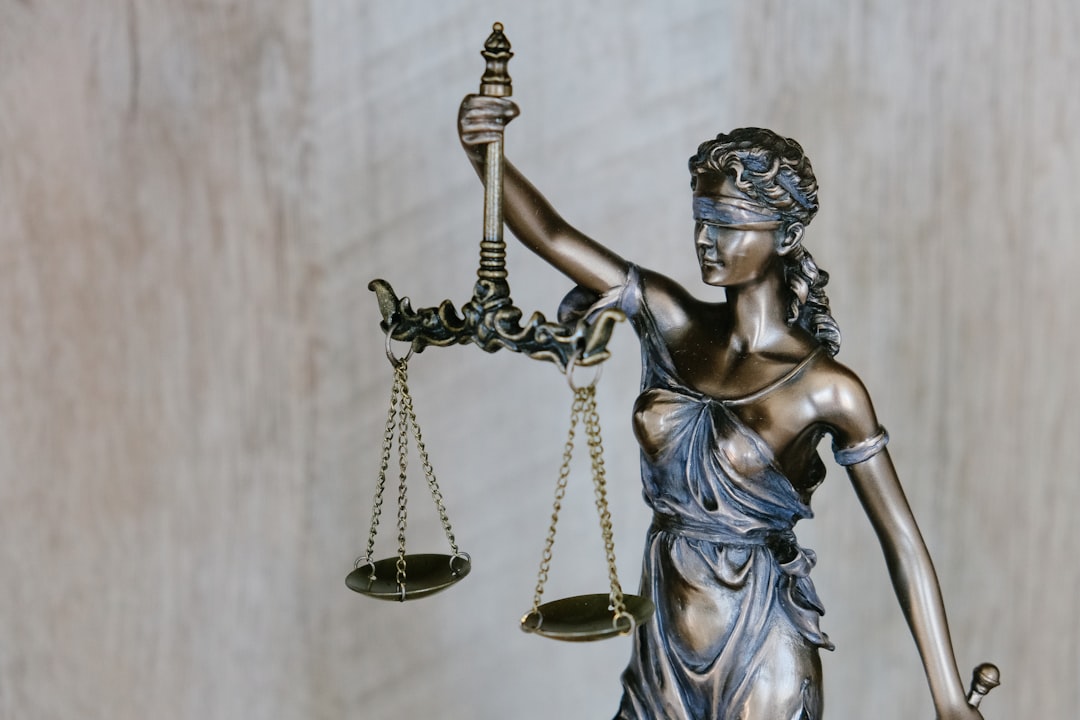In Pennsylvania, navigating rape charges can be an intimidating process. Understanding the state’s complex rape laws is crucial for any accused individual seeking skilled legal representation. A dedicated rape lawyer in Pennsylvania plays a pivotal role in defending clients, ensuring their rights are protected throughout the legal journey. This article delves into the intricacies of rape law, highlights the expertise a rape lawyer brings, and explores strategies to build a robust defense while supporting survivors during this challenging period.
Understanding Rape Laws in Pennsylvania

In Pennsylvania, understanding the intricacies of rape laws is paramount for anyone facing such serious charges. A rape lawyer in Pennsylvania plays a crucial role in navigating this complex legal landscape. These laws define sexual assault and outline the rights of both victims and defendants, ensuring a fair and just process. It’s essential to recognize that Pennsylvania has strict standards for proving consent, with the burden of proof resting on the prosecution to demonstrate lack of consent beyond a reasonable doubt.
Knowing these laws is vital for several reasons. For one, it helps individuals accused of rape understand their legal options and potential defenses. A skilled rape lawyer can explain how different circumstances might impact the case, from alibi evidence to challenges in DNA testing or witness credibility. This knowledge empowers both defendants and victims to actively participate in their legal proceedings, ensuring their rights are protected throughout the process.
The Role of a Skilled Rape Lawyer

A skilled rape lawyer in Pennsylvania plays a pivotal role in protecting the rights and interests of their clients facing rape charges. These attorneys specialize in complex sexual assault cases, providing legal expertise and strategic guidance to navigate the intricate criminal justice system. With extensive knowledge of state laws and local court procedures, they ensure that their clients receive fair treatment throughout the entire process.
A rape lawyer actively defends their client’s innocence, challenging the evidence presented by the prosecution. They meticulously examine witness testimonies, forensic reports, and any potential legal loopholes to build a robust defense strategy. Furthermore, these lawyers advocate for their clients’ emotional well-being, offering support and ensuring their rights are respected during an incredibly traumatic time.
Building a Strong Defense Strategy

When facing rape charges, having a skilled rape lawyer in Pennsylvania is crucial for building a robust defense strategy. These attorneys specialize in navigating the complex legal system and understanding the unique challenges of sexual assault cases. They will meticulously examine all evidence, witness testimonies, and potential forensic results to develop a comprehensive defense plan.
A strong defense strategy may involve challenging the admissibility of evidence, questioning the reliability of testimonies, and presenting alternative explanations or scenarios that cast doubt on the prosecution’s case. Rape lawyers in Pennsylvania are adept at utilizing legal loopholes, constitutional rights, and procedural errors to protect their clients’ interests. They ensure that every step of the legal process is handled with expertise, ultimately aiming to achieve the best possible outcome for their accused clients.
Supporting Survivors Through the Legal Process

Navigating the legal system after experiencing sexual assault can be incredibly daunting for survivors in Pennsylvania. This is where a skilled rape lawyer steps in to provide much-needed support and advocacy. They understand that the process can be emotionally traumatic, and their primary goal is to ensure their clients’ well-being while building a robust defense strategy.
A rape lawyer in Pennsylvania plays a vital role in guiding survivors through every step of the legal journey. They offer a safe space for clients to share their stories, providing empathy and reassurance. These attorneys also help educate survivors about their rights, explaining the legal process in simple terms to reduce anxiety. By employing this supportive approach, they empower victims to take control and seek justice in their time of need.






